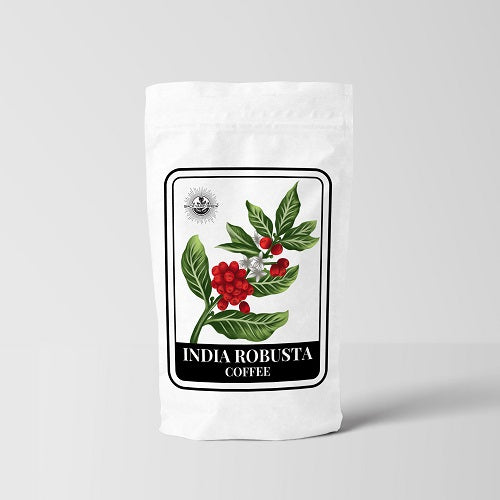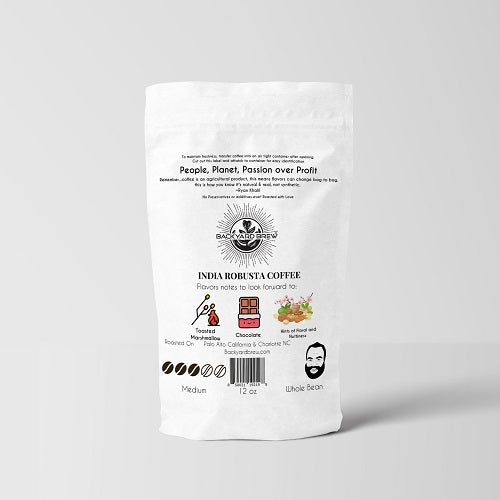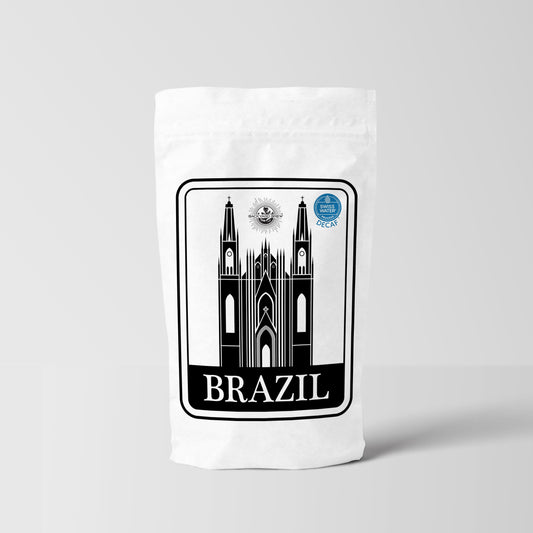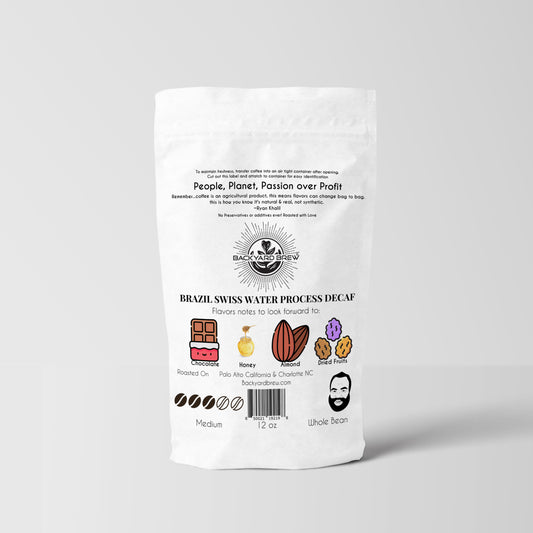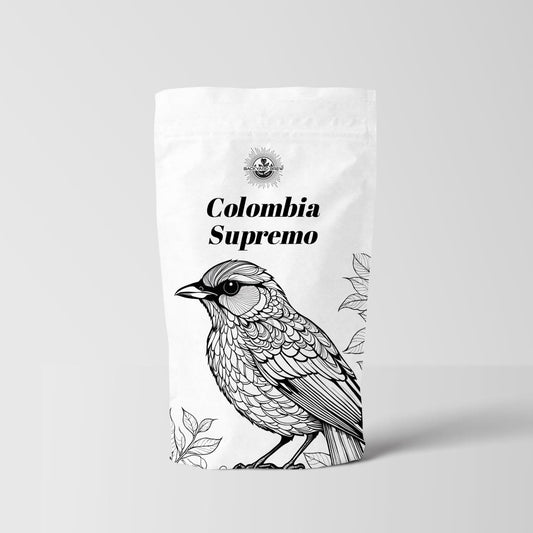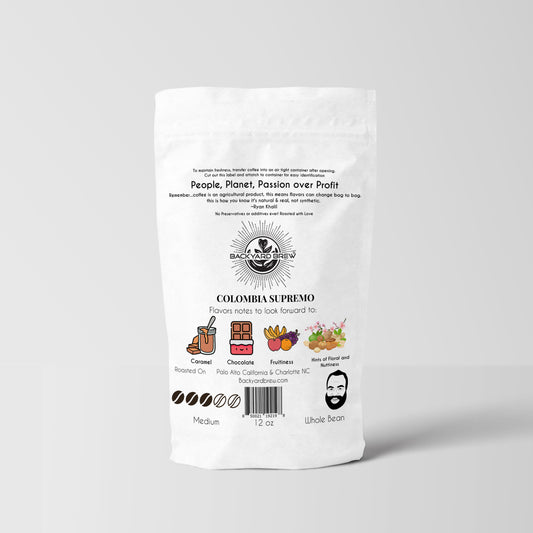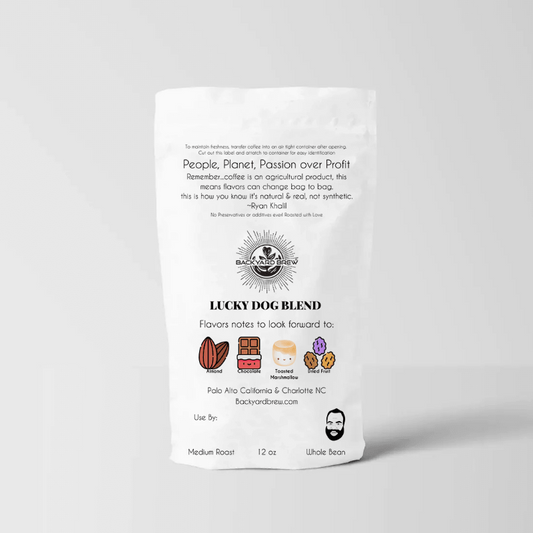Coffee Bean Trends: Exploring the Future of Coffee
Related Product
Subscribe
Table of Contents
Have you ever wondered how the coffee you enjoy every morning reflects the latest trends in the industry? Coffee is more than just a drink; it’s a culture, a ritual, and for many, a way of life. As the coffee industry evolves, so do the trends surrounding coffee beans. In this blog, we will explore the latest coffee bean trends, delve into the world of specialty coffee beans, and discuss the importance of sustainable coffee farming. Whether you’re a casual coffee drinker or a dedicated enthusiast, understanding these trends can enhance your coffee experience.
Latest Trends in Coffee Beans: A Comprehensive guide
The coffee industry is constantly changing, influenced by consumer preferences, environmental concerns, and technological advancements. Here are some of the latest trends in coffee beans that are shaping the market today.
1. Rise of Specialty Coffee Beans
Specialty coffee beans have gained immense popularity in recent years. These beans are sourced from specific regions and are often grown under ideal conditions, resulting in unique flavors and profiles. Coffee enthusiasts are increasingly seeking out these high-quality beans, which are often graded based on their flavor, aroma, and overall quality.
Trend Insight: The rise of specialty coffee has led to a greater appreciation for the craft of coffee-making. Consumers are more interested in understanding the origins of their coffee, the farmers who grow it, and the specific coffee brewing methods that can best highlight its flavors. This trend has also encouraged more coffee shops to offer single-origin brews and tasting flights, allowing customers to explore different flavor profiles.
2. Emphasis on Sustainability
As awareness of environmental issues grows, so does the demand for sustainable coffee farming practices. Consumers are increasingly looking for organic and fair trade coffee beans that support ethical farming and environmental stewardship. This trend is not just about the coffee itself; it encompasses the entire supply chain, from farming to packaging.
Trend Insight: Sustainable coffee farming practices include shade-grown coffee, which helps preserve biodiversity, and organic farming, which avoids harmful pesticides and fertilizers. Many coffee brands are now transparent about their sourcing practices, allowing consumers to make informed choices. This shift towards sustainability is not only beneficial for the environment but also for the farmers who rely on fair wages and ethical treatment.
3. Innovative Coffee Bean Blends
Coffee bean blends are becoming more creative and diverse. Roasters are experimenting with different combinations of beans to create unique flavor profiles that cater to a wide range of tastes. These blends often incorporate beans from various regions, allowing for a complex and rich coffee experience.
Trend Insight: The trend towards innovative blends has led to the emergence of seasonal and limited-edition offerings. Coffee drinkers are excited to try new flavors and combinations, making it a fun and engaging experience. This trend also encourages roasters to experiment with different coffee brewing methods to showcase the unique characteristics of their blends.
4. Focus on Health and Wellness
The health and wellness trend is influencing coffee consumption as well. Many consumers are looking for coffee options that offer health benefits, such as lower acidity, added nutrients, or functional ingredients. This has led to the rise of products like mushroom coffee, which combines coffee with medicinal mushrooms, and adaptogenic blends that aim to reduce stress.
Trend Insight: Coffee brands are responding to this trend by developing products that cater to health-conscious consumers. This includes low-acid coffee options, which are easier on the stomach, and blends that incorporate superfoods. As people become more aware of their health, the demand for these innovative coffee products is likely to grow.
5. Technology in Coffee Production
Technology is playing an increasingly important role in coffee production and brewing. From precision farming techniques that optimize crop yields to advanced brewing equipment that ensures consistency, technology is transforming the coffee industry.
Trend Insight: Innovations such as mobile apps for tracking coffee quality and blockchain technology for transparency in sourcing are becoming more common. These advancements not only improve the quality of coffee but also enhance the consumer experience by providing more information about the product. As technology continues to evolve, it will likely lead to even more exciting developments in the coffee world.
Specialty Coffee Beans: A Detailed Description
Specialty coffee beans are at the forefront of the coffee trends revolution. These beans are carefully cultivated, harvested, and processed to ensure the highest quality. Let’s explore what makes specialty coffee beans so special.
What Are Specialty Coffee Beans?
Specialty coffee beans are defined by their exceptional quality and unique flavor profiles. They are graded on a scale of 1 to 100, with beans scoring 80 or above considered specialty. This grading system takes into account factors such as aroma, flavor, acidity, body, and aftertaste.
To fully appreciate the complexity of specialty coffee beans, it’s essential to use the right coffee brewing methods. Pour-over, Aeropress, and French press are popular methods that allow for precise control over brewing time and temperature, helping to highlight the unique characteristics of each bean. Many specialty coffee shops also offer tasting flights, allowing customers to sample different beans side by side and discover their preferences.
The Role of Farmers
The journey of specialty coffee beans begins with the farmers who cultivate them. Many specialty coffee producers focus on sustainable practices, such as shade-grown coffee and organic farming, which not only benefit the environment but also enhance the quality of the beans. These farmers often work closely with roasters to ensure that their beans are harvested and processed in a way that preserves their unique flavors.
A growing trend in the specialty coffee industry is the establishment of direct trade relationships between farmers and roasters. This model allows farmers to receive fair compensation for their work while giving roasters access to high-quality beans. By cutting out intermediaries, both parties benefit, and consumers can enjoy a product that is ethically sourced.
The Future of Specialty Coffee
As the demand for specialty coffee continues to rise, we can expect to see even more innovation in this sector. New processing methods, such as anaerobic fermentation, are being explored to enhance flavor profiles further. Additionally, the focus on sustainability and ethical sourcing will likely remain a priority for both consumers and producers.
Consumer Education
With the rise of specialty coffee, consumer education is becoming increasingly important. Coffee drinkers are eager to learn about the origins of their beans, the farmers who grow them, and the best brewing techniques to use. This trend is fostering a deeper connection between consumers and the coffee they enjoy, creating a more informed and engaged coffee community.
Sustainable Coffee Farming: A Comprehensive Description
Sustainable coffee farming is not just a trend; it’s a necessity for the future of the coffee industry. As climate change and environmental degradation threaten coffee production, sustainable practices are becoming increasingly important. Let’s explore what sustainable coffee farming entails and why it matters.
What Is Sustainable Coffee Farming?
Sustainable coffee farming refers to agricultural practices that prioritize environmental health, social equity, and economic viability. This approach aims to produce coffee in a way that protects the ecosystem, supports farmers and their communities, and ensures the long-term viability of coffee production. Sustainable coffee farming includes several key practices, such as:
-
Shade-Grown Coffee: This method involves planting coffee trees under a canopy of trees, which helps preserve biodiversity and provides habitat for wildlife. Shade-grown coffee is often of higher quality due to the slower maturation of the beans.
-
Organic Farming: Organic coffee is grown without synthetic pesticides or fertilizers, promoting healthier soil and ecosystems. This practice not only benefits the environment but also results in cleaner, more flavorful coffee.
-
Water Conservation: Sustainable coffee farms often implement water-saving techniques, such as rainwater harvesting and efficient irrigation systems, to minimize water usage and protect local water sources.
The Importance of Certifications
Certifications such as organic and fair trade coffee beans play a crucial role in promoting sustainable coffee farming. These certifications provide consumers with assurance that the coffee they purchase meets specific environmental and social standards.
Fair Trade
Fair trade certification ensures that farmers receive fair wages and work under safe conditions. This model supports community development and empowers farmers to invest in their farms and families.
Organic
Organic certification guarantees that coffee is grown without harmful chemicals, promoting healthier ecosystems and reducing the environmental impact of coffee production.
The Impact of Climate Change
Climate change poses a significant threat to coffee production worldwide. Rising temperatures, changing rainfall patterns, and increased pest and disease pressure can negatively impact coffee yields and quality. Sustainable coffee farming practices can help mitigate these effects by promoting resilience in coffee-growing regions.
Many sustainable coffee farms are adopting adaptation strategies, such as diversifying crops, implementing agroforestry systems, and investing in research to develop climate-resistant coffee varieties. These practices not only help protect the environment but also ensure the livelihoods of farmers in the face of climate challenges.
Consumer Responsibility
As consumers, we have a responsibility to support sustainable coffee farming practices. By choosing organic and fair trade coffee beans, we can contribute to a more equitable and environmentally friendly coffee industry.
Educating ourselves about the origins of our coffee and the practices used in its production is essential. When shopping for coffee, look for certifications that indicate sustainable practices, such as organic, fair trade, or Rainforest Alliance. These labels can guide you in making choices that align with your values and support farmers who prioritize sustainability.
Supporting Local Roasters
Another way to promote sustainable coffee farming is by supporting local roasters who prioritize ethical sourcing. Many local roasters establish direct relationships with farmers, ensuring that they pay fair prices for high-quality beans. This not only supports the local economy but also fosters a sense of community within the coffee industry.
Local roasters often engage with their communities through educational events, tastings, and workshops. By participating in these activities, you can learn more about the coffee-making process, the importance of sustainability, and how to brew the perfect cup at home. This engagement helps create a more informed consumer base that values quality and sustainability.
The Future of Sustainable Coffee Farming
The future of sustainable coffee farming looks promising as more consumers demand transparency and ethical practices. As awareness of environmental issues grows, coffee producers are increasingly adopting sustainable methods to meet consumer expectations.
Ongoing research into sustainable practices, such as agroforestry and regenerative agriculture, will continue to shape the coffee industry. Innovations in processing techniques and technology will also play a role in enhancing the quality and sustainability of coffee production.
Collaboration between farmers, roasters, and consumers will be crucial in driving the sustainable coffee movement forward. By working together, stakeholders can share knowledge, resources, and best practices to create a more sustainable coffee industry.
Key Takeaways
-
Specialty Coffee Beans: The demand for high-quality, unique coffee beans is on the rise, encouraging consumers to explore diverse flavors and origins.
-
Sustainability: Sustainable coffee farming practices are essential for the future of the industry. By choosing organic and fair trade coffee beans, consumers can support ethical practices and contribute to environmental conservation.
-
Consumer Engagement: Educating ourselves about coffee sourcing and supporting local roasters can foster a deeper connection to the coffee we drink.
-
Innovation: The coffee industry is embracing technology and innovation to improve quality and sustainability, ensuring a bright future for coffee lovers everywhere.
Conclusion
As we’ve explored in this blog, the world of coffee is evolving rapidly, with exciting coffee bean trends shaping the industry. From the rise of specialty coffee beans to the emphasis on sustainable coffee farming, these trends reflect a growing awareness of quality, ethics, and environmental responsibility.
By staying informed about these trends and making conscious choices, we can all play a part in shaping the future of coffee. Whether you’re sipping a cup of specialty coffee at your local café or brewing your favorite blend at home, remember that every choice you make contributes to the larger coffee community. Happy brewing!

